
Register for the Solar Decathlon 2024 Design Challenge
Are you a student or professor interested in transforming buildings to tackle the climate crisis?
The U.S. Department of Energy Solar Decathlon® is seeking collegiate student participants from diverse majors to join the next round of the zero energy building design competition. Students from collegiate institutions in the United States and around the world are encouraged to form interdisciplinary teams and register!
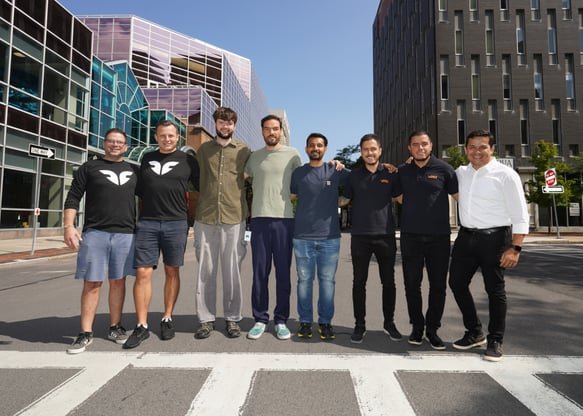
GENIUS NY COHORT 7 TEAMS ARRIVE IN SYRACUSE READY TO SCALE UP
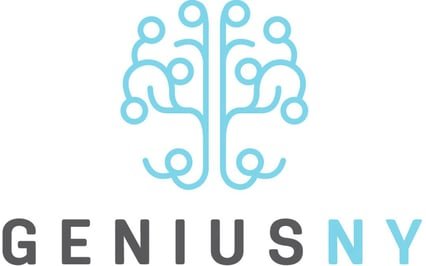
GENIUS NY Announces Eleven Semi-Finalists for its Seventh Round
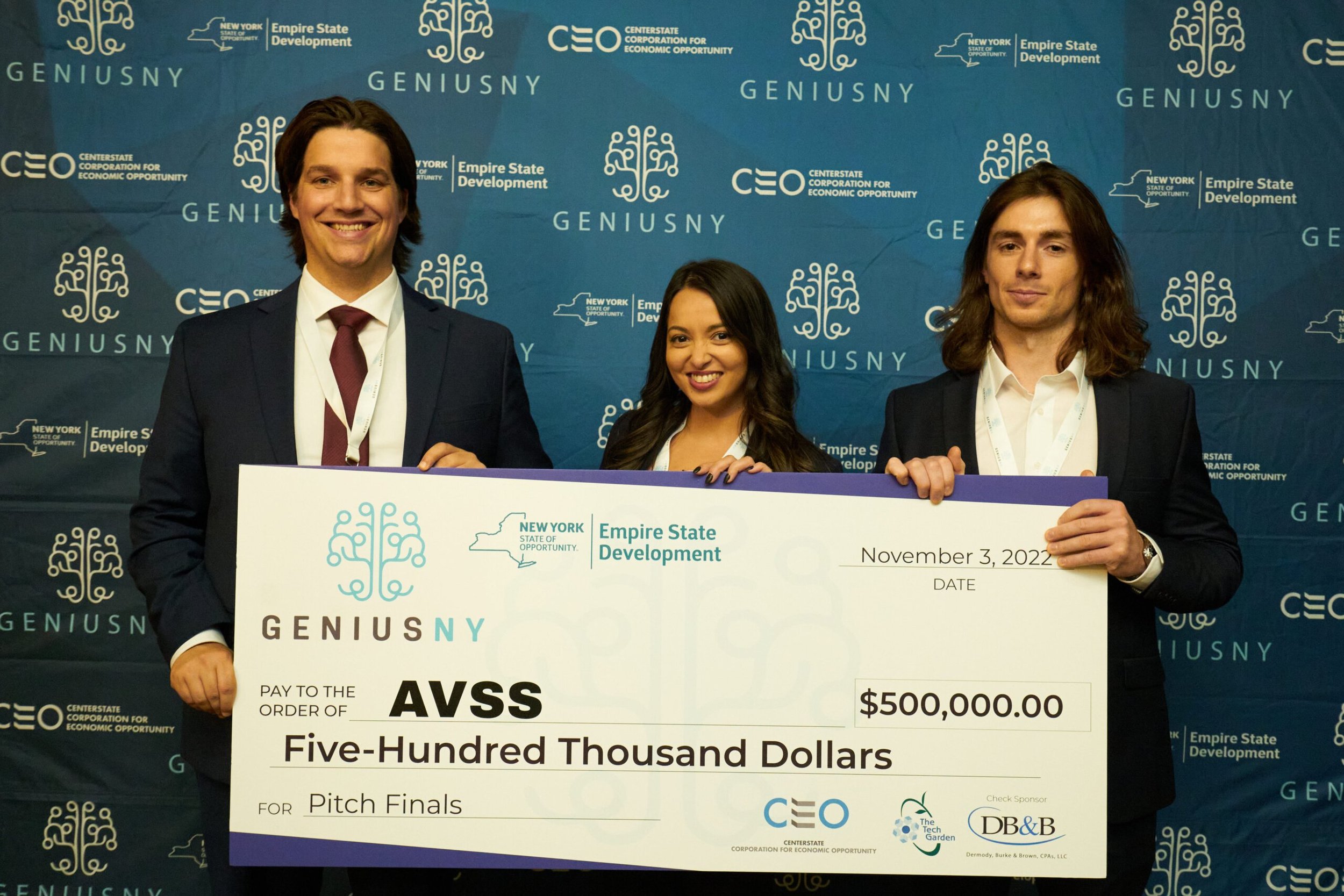
Closing soon: GENIUS NY

21st Annual Solar Decathlon Winners Announced: Innovation & Sustainability

Solar Decathlon Design Challenge Advances Finalists

LG NOVA Selects Companies, Entrepreneurs, for Second Annual Mission for the Future Program
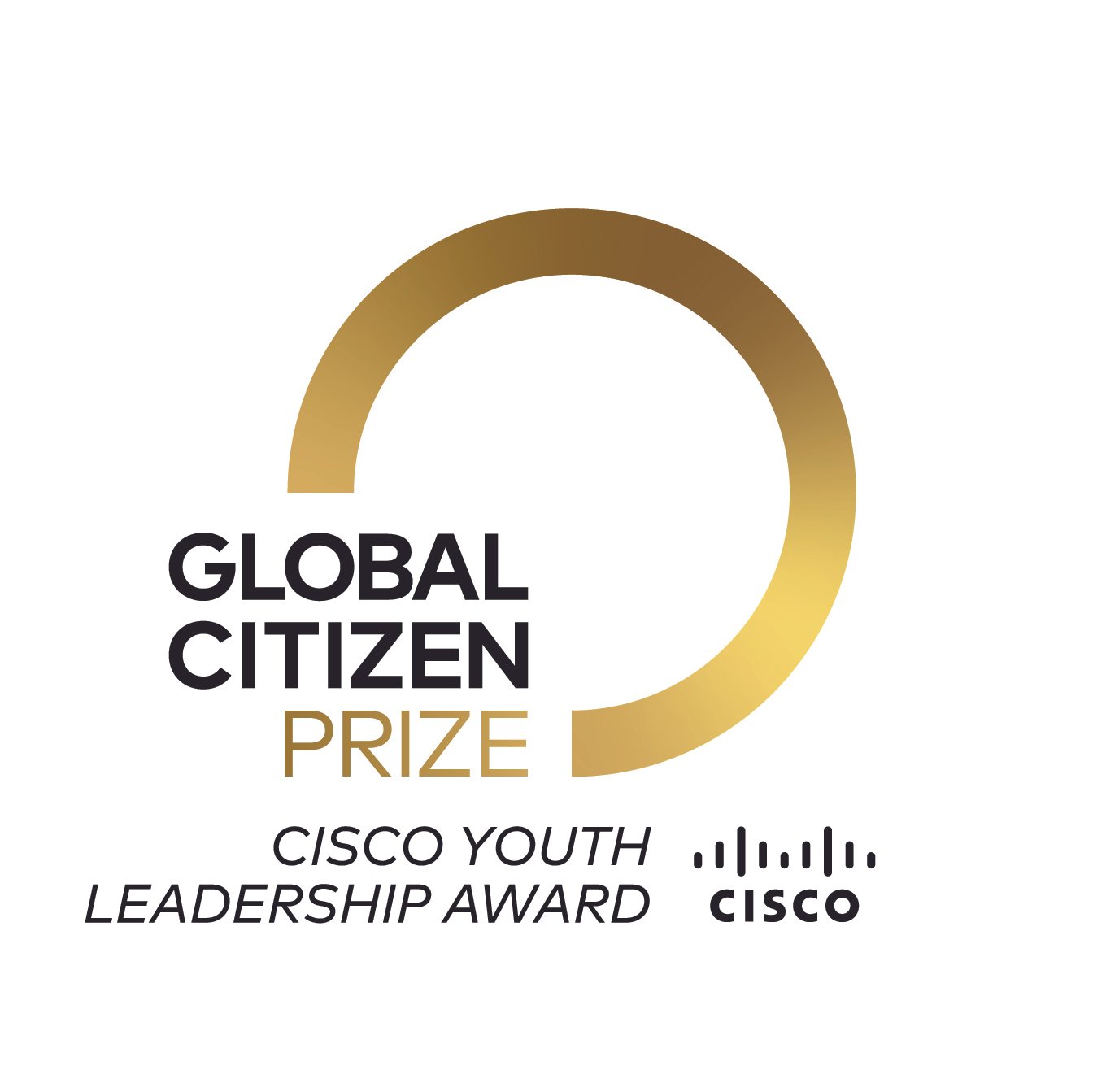
Launched: The Global Citizen Prize – Cisco Youth Leadership Award

Welcome to the Big Education Challenge!
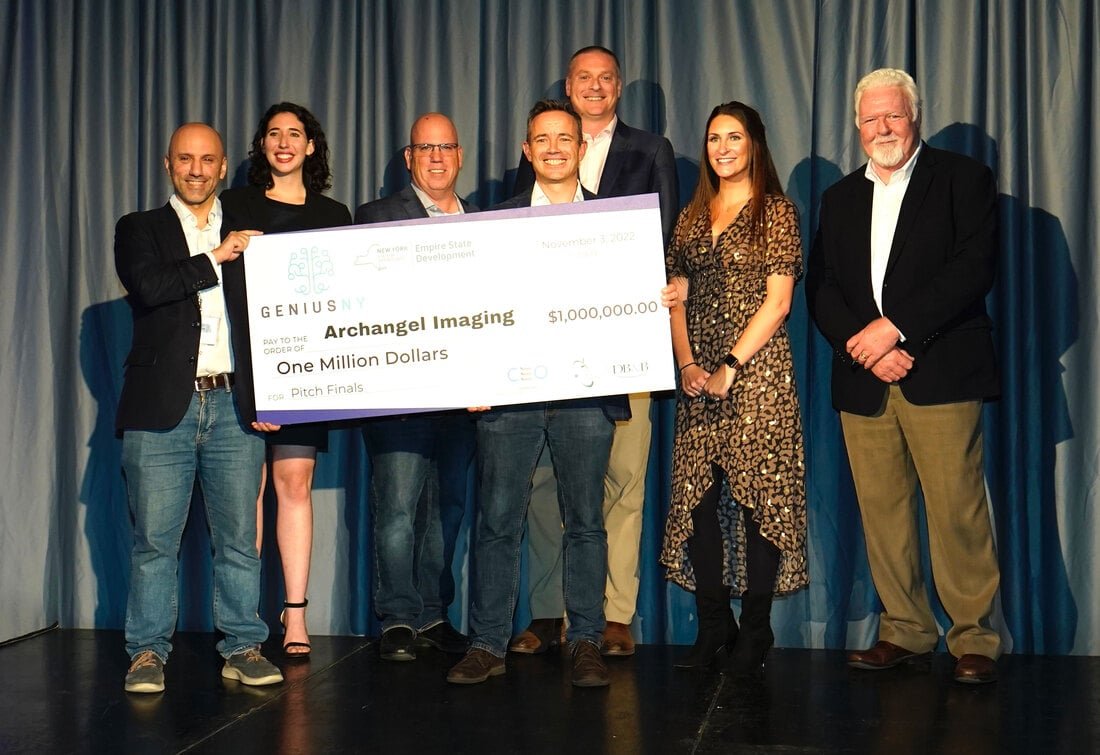
New York Governor Kathy Hochul Announces Winner of GENIUS NY!
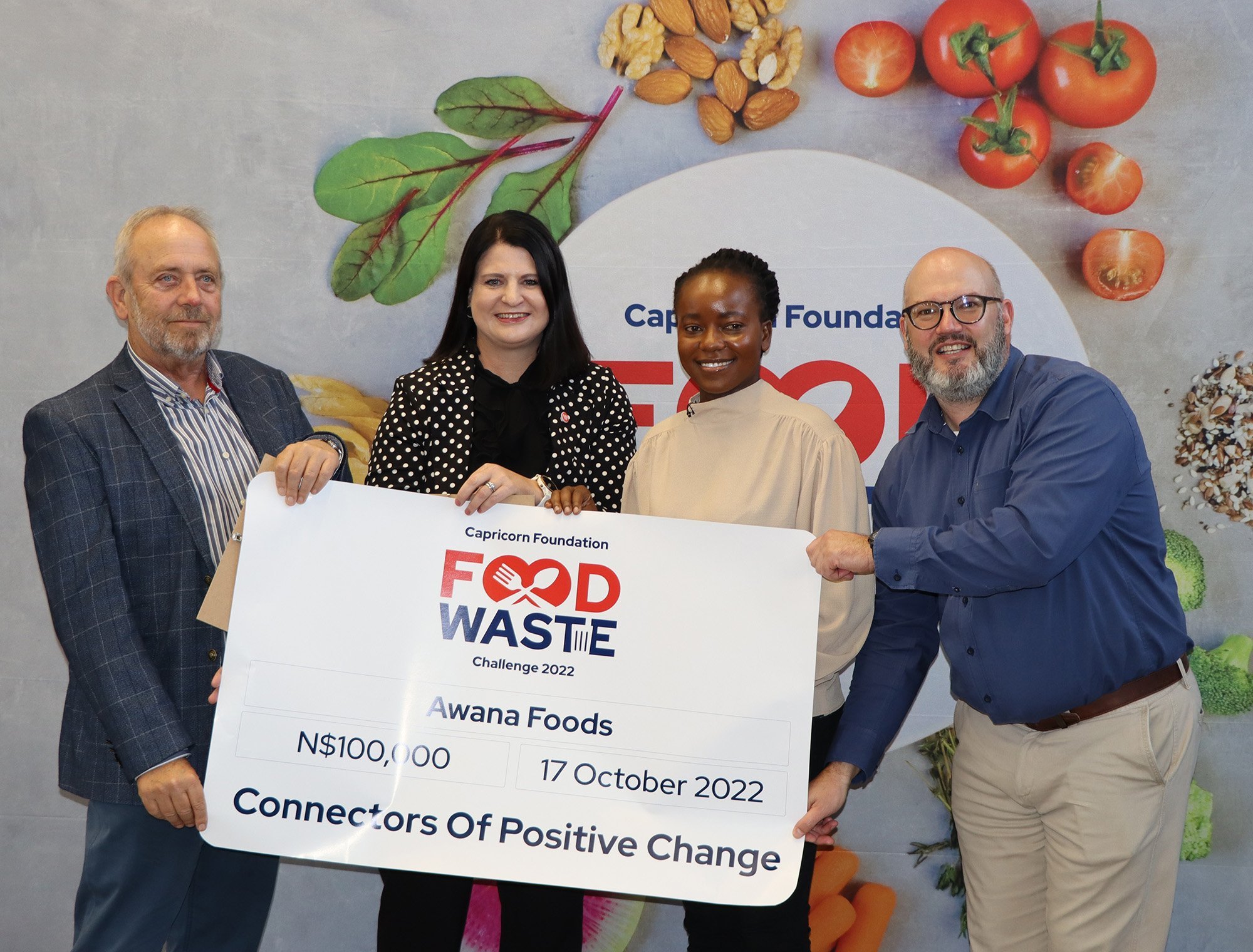
Capricorn Foundation Announces 2022 Food Waste Challenge Winning Solution

Harbor Freight Tools for Schools Prize for Teaching Excellence Winners Announced!

CTIA Wireless Foundation Announces Winners of Catalyst 2022 Challenge!

The 10th Annual Stanford Center on Longevity Design Challenge Has Launched!

Grow-NY Announces Finalists!
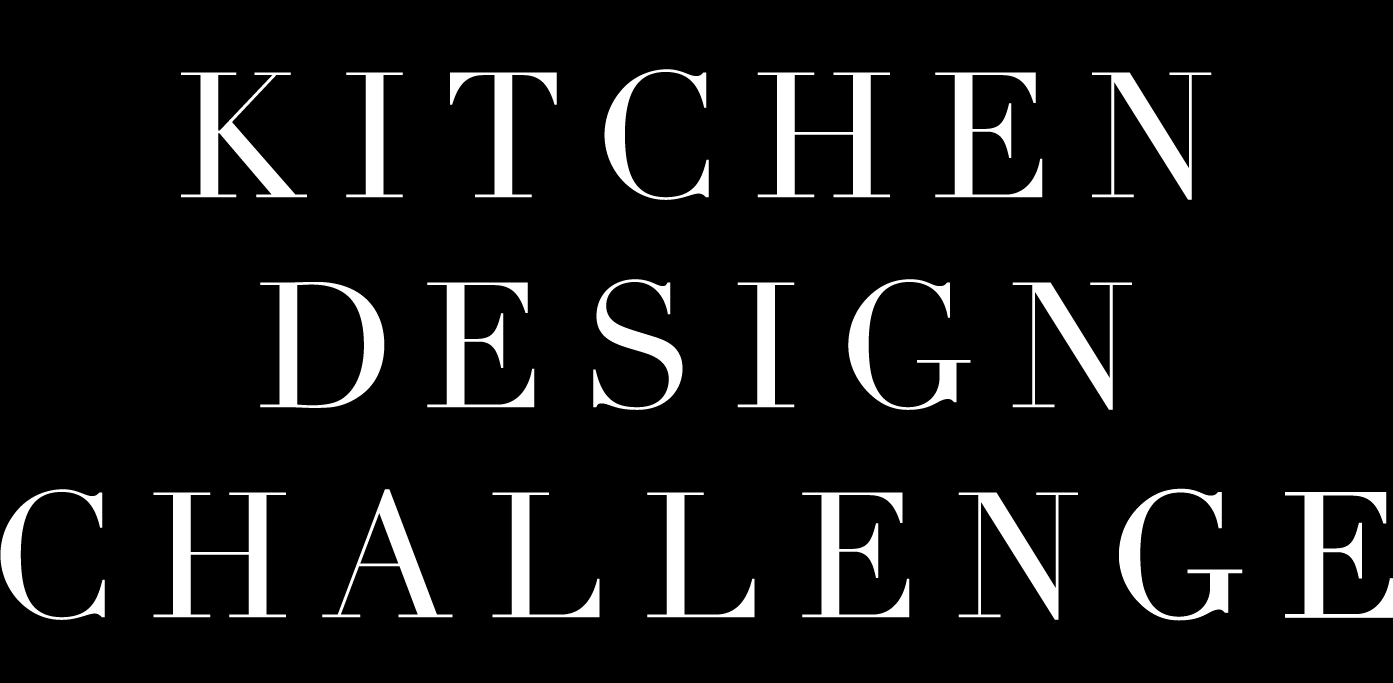
Thermador Kitchen Design Challenge Announces Regional Winners!

The Social Shifters Global Innovation Challenge 2022 Has Launched!

The 2022 Amarillo EnterPrize Challenge Has Launched!

LG Nova Launches 2nd Annual Mission for the Future Challenge


